Biotin or vitamin B7 is a vitamin produced naturally in foods like eggs, milk, and bananas. Biotin insufficiency can result in hair loss and a skin rash on the face.
Biotin is a cofactor in enzymatic processes that break down fats, carbohydrates, and other macromolecules in the body. There is no precise test for detecting low biotin levels, therefore it’s usually discovered by its symptoms, which include thinning hair and red scaly rashes around the eyes, nose, and mouth.
Biotin is a B-complex vitamin that’s used to treat biotin insufficiency. It’s also used to treat hair loss, brittle nails, and a variety of other problems, although there is no scientific evidence to support these uses. Some lab tests may be affected by biotin supplements. If you’re taking biotin supplements and need blood work, talk with your doctor first.
Contents
- 1 How Does Biotin Support the Body?
- 2 How Much Biotin Is Too Much?
- 3 What Is a High Dose of Biotin?
- 4 Why Do Some People Take High-Dose Biotin?
- 5 Why Is Biotin Found In Foods Like Eggs, Milk, and Bananas?
- 6 What Is The Safe Dose For Adults?
- 7 What Happens If People Take Too Much Biotin?
- 8 Is It Possible For People To Get Too Much Biotin If They Eat Eggs and Bananas?
- 9 Who Should Take High-Dose Biotin?
- 10 How Much Should You Take?
- 11 What Type Of Biotin Should I Take?
- 12 What Are The side effects?
- 13 How Much Does High-Dose Biotin Cost?
- 14 Is high-dose biotin Good?
- 15 What Are The Side Effects of High-Dose Biotin?
How Does Biotin Support the Body?
There are several enzymes in the body that require biotin to function properly, including enzymes involved in the metabolism of carbohydrates, amino acids, fat, and protein. Because protein is necessary for the body to repair and maintain cells, it’s clear how essential adequate levels of biotin are.
Biotin has been shown to help those with brittle nails as well as better, stronger hair and hair growth.
Biotin may help people with Type 2 diabetes, a condition in which the insulin-producing cells of the body are unable to function properly and blood sugar levels have been shown to be high. While some research has revealed biotin levels in the blood to be lower among persons with Type 2 diabetes, this is not true for all persons with diabetes.
How Much Biotin Is Too Much?
A safe dose of biotin for adults is between 300-10,000 mcg per day, but biotin toxicity has been reported when doses are in the range of 6-15mg/kg. These are doses that are practically impossible to achieve by eating foods high in biotin or taking a supplement.
What Is a High Dose of Biotin?
A high dose of biotin is a higher level of intake than is needed at the RDI, which is 5-10 micrograms per day. The main benefit of taking a high dose of biotin is in the treatment of thinning hair and strengthening nails
Why Do Some People Take High-Dose Biotin?
Biotin is an important part of enzymes in the body that break down substances like fats, carbohydrates, and others. There isn’t a good test for detecting low biotin levels, so it’s usually identified by its symptoms, which include thinning hair and red scaly rash around the eyes, nose, and mouth.
What is a possible danger of high-dose biotin? People taking high doses of biotin might also experience side effects such as skin or gastrointestinal issues. These side effects are not commonly reported.
Why Is Biotin Found In Foods Like Eggs, Milk, and Bananas?
Biotin deficiency can cause thinning of the hair and a rash on the face. Biotin is an important part of enzymes in the body that break down substances like fats, carbohydrates, and others. There isn’t a good test for detecting low biotin levels, so it’s usually identified by its symptoms, which include thinning hair and red scaly rash around the eyes, nose, and mouth.
Biotin is used for biotin deficiency. It is also commonly used for hair loss, brittle nails, and other conditions, but there is no good scientific evidence to support these uses. Biotin supplements might interfere with some lab tests. Talk with your doctor if you are taking biotin supplements and need to have any blood tests.
What Is The Safe Dose For Adults?
A safe dose of biotin for adults is between 300-10,000 mcg per day, but biotin toxicity has been reported when doses are in the range of 6-15mg/kg. These are doses that are practically impossible to achieve by eating foods high in biotin or taking a supplement.
What Happens If People Take Too Much Biotin?
People taking high doses of biotin might also experience side effects such as skin or gastrointestinal issues. These side effects are not commonly reported.
Is It Possible For People To Get Too Much Biotin If They Eat Eggs and Bananas?
No, It’s not possible. Biotin deficiency can cause thinning of the hair and a rash on the face. It is also commonly used for hair loss, brittle nails, and other conditions, but there is no good scientific evidence to support these uses. Biotin supplements might interfere with some lab tests. Talk with your doctor if you are taking biotin supplements and need to have any blood tests.
Who Should Take High-Dose Biotin?
- THINNING HAIR: People with thinning hair or pattern baldness might find their hair grows thicker with high doses, especially when combined with other nutrients like zinc, though there is not yet any exciting research to support this theory.
- THINNER NAILS: Stronger nails (fingernails and toenails) would indicate less breakage, splitting, scratching, or softening. That isn’t an indication that they are growing longer, however. Nails grow slowly so even if you have stronger nails, they will still be short. For stronger nails, you need to protect them from breaking by using nail strengthener solutions and gloves when washing up.
How Much Should You Take?
There is no clear indication of optimal dosage levels or safety limits for high-dose biotin, so talk with your doctor before increasing your intake drastically. Biotin is water-soluble which means that any excess amounts are simply filtered through the kidneys and eliminated in the urine
What Type Of Biotin Should I Take?
Biotin is typically taken in its synthetic form (C15H20N2O3), since this version has been manufactured in laboratories since it was first made available in the 1930s. There are also some pharmaceutical-grade supplements available, however, which may be more expensive.
If you are eating a healthy, balanced diet with plenty of veggies, fruits, meats, and dairy products you are likely to get all the nutrients needed without supplements. If anything should develop regarding your hair or nails it is usually easy enough to add something into your diet for this problem.
What Are The side effects?
The side effects of very high doses (around 10,000mcg) were reported in at least one case of an increase in triglyceride levels. This effect appears to be correlated with high cholesterol, so if you have heart disease or are at risk for it then this might not be the best supplement for you. Other than that, there are no reported side effects when taking biotin at the recommended levels.
How Much Does High-Dose Biotin Cost?
Biotin is not considered a nutrient that requires supplementation, but if you wanted to take high doses you would have to purchase it online or in specialty stores. Otherwise, biotin is available in multivitamins at standard drugstores and grocery stores for approximately $1-$10 per month’s supply depending on the dosage level
Trialix can help you with your hair loss issue! This product will restore the natural hair growth and thickness of your hair. It has all those ingredients that strengthen those weak and fragile hairs of yours so that they don’t fall out anymore! Just go ahead and use this supplement daily and live your life to the fullest!
Is high-dose biotin Good?
It may or may not be the right choice only you and your MS specialist can decide whether or not to try high doses of biotin.
While the supplement is considered safe, it’s not without its risks. Certain medications may interact with biotin.
One side effect that may be problematic for people with MS is that high levels of biotin in the bloodstream may lead to false results on lab tests measuring for factors such as thyroid or hormone levels, vitamin D, or levels of troponin proteins used to identify silent heart attacks.
The latter is perhaps the most dangerous. Without having an accurate measure of troponin in your bloodstream, your healthcare providers may miss a diagnosis of a serious heart condition.
If you have heart problems or they run in your family, you may need to avoid biotin. It’s best to consult your doctors before deciding whether to take this supplement.
What Are The Side Effects of High-Dose Biotin?
The most common side effects are hair loss, hives or rash, itchiness or tingling in hands and feet, intestinal discomfort/irritability, and an increase in energy.
Since it is a water-soluble vitamin, any excess biotin will be eliminated through urine and no toxicity has been reported.
Biotin works by increasing the strength of hair shafts, which results in thicker hair. It also can help increase nail strength. Though no high-dose studies have been conducted, some doctors are prescribing 10 mg/day doses for hair loss treatment with anecdotal reports of positive results. Be sure to inform your doctor if you are using any other medications or supplements before taking higher levels of biotin since it may affect their efficacy or result in adverse interactions.
Read More About:
Biotin: A direct Cause or a Cure for Acne?
10 Tips On How To Use Biotin for Weight Loss

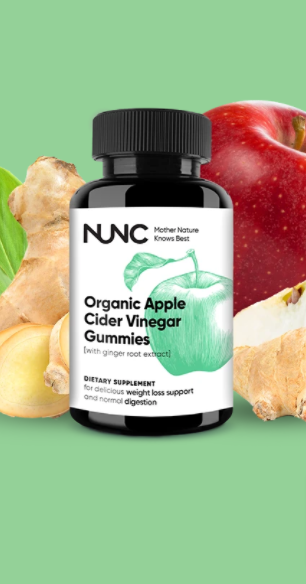



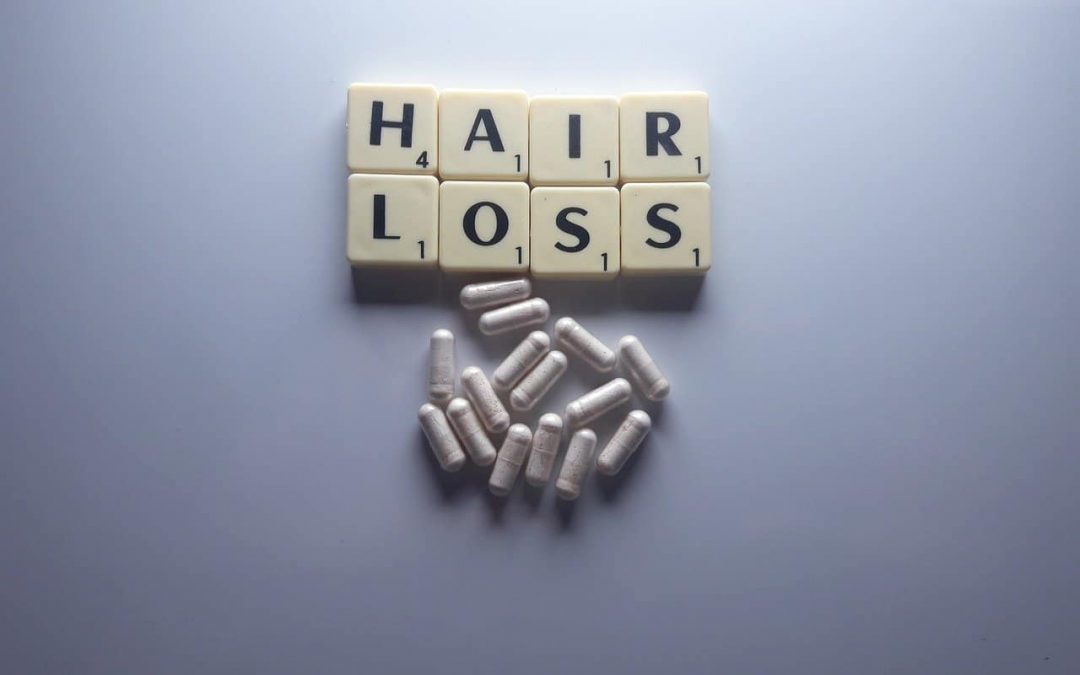
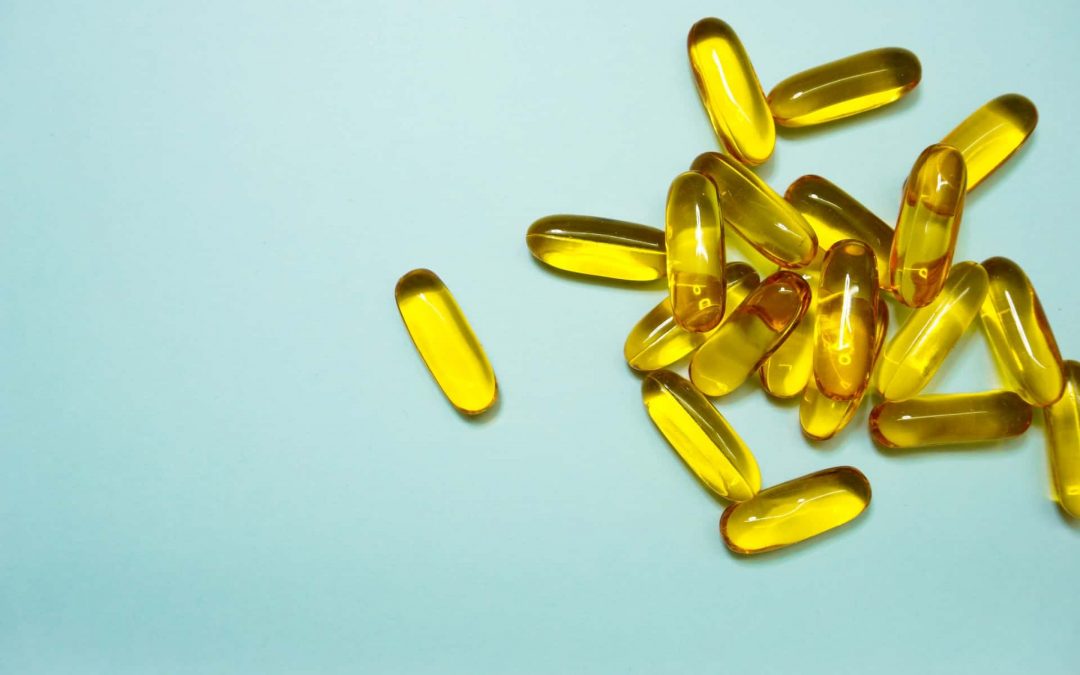
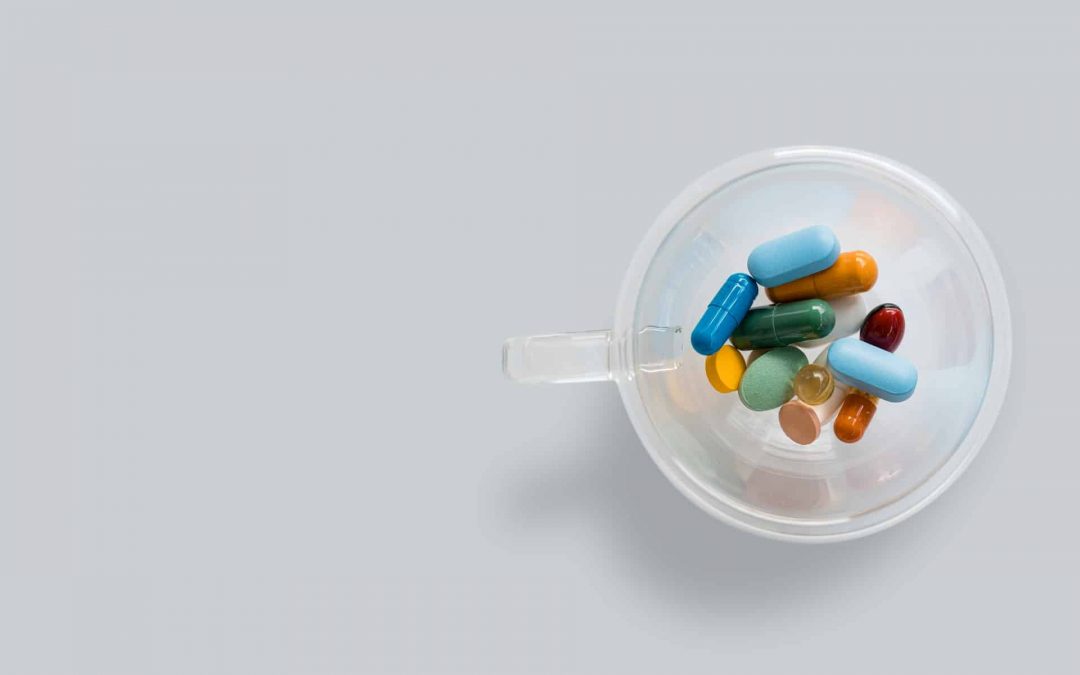

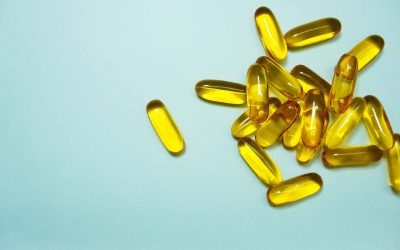
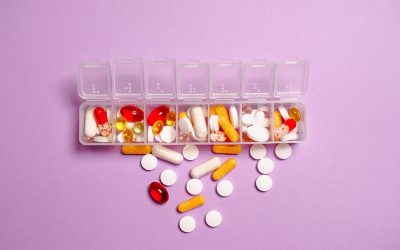
0 Comments